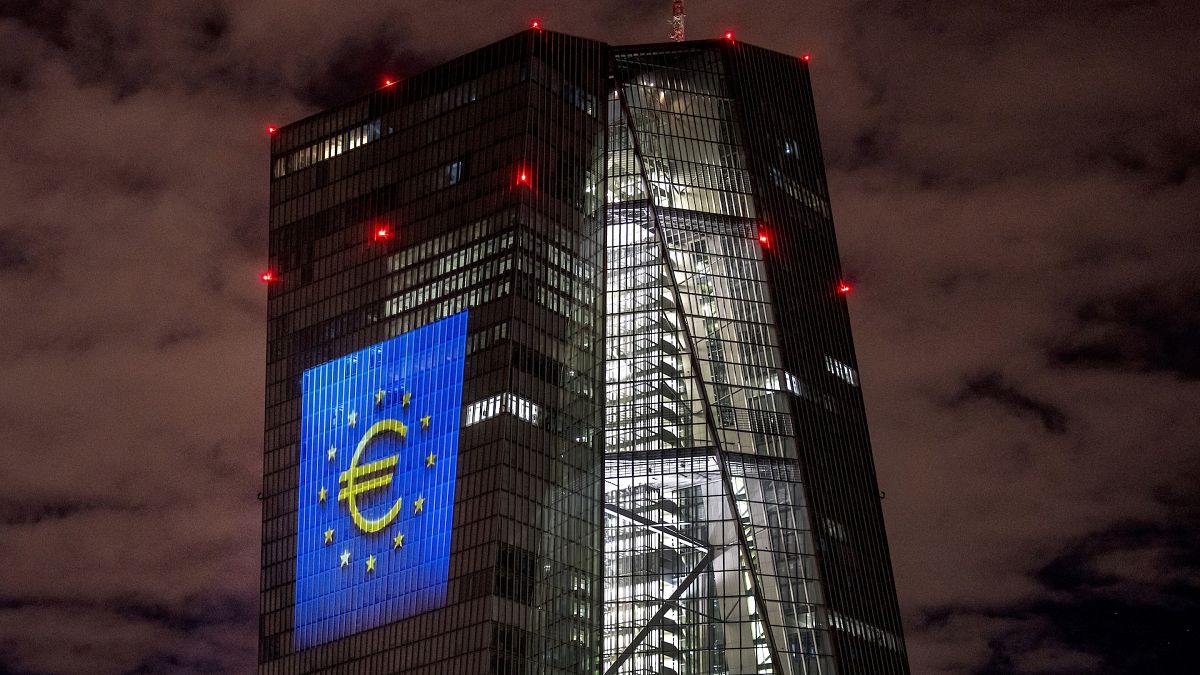What key factors could keep the euro under pressure for some time?

The euro extended its losses against other major currencies within the G-10 group, with the EUR/USD pair dropping below the pivotal 1.08 level on Tuesday. The single currency may remain weak for some time.
The euro continued its decline against other major currencies following the IMF’s downgrade of the eurozone’s economic growth outlook.
Over the past month, the single currency has fallen more than 3% against the US dollar, dropping below 1.08 – the lowest level since 2 August.
The euro has also weakened against the British pound, Swiss franc, and Australian dollar by 0.77%, 1.47%, and 1.54%, respectively, during the same period.
Below-target headline inflation, ongoing economic weakness, and political uncertainties have all contributed to a soft euro. Typically, the upcoming US election plays a significant role in driving currency market trends.
US election unsettles market sentiment
Global market trends have been largely influenced by the upcoming US presidential election on 5 November, with betting markets favouring a Donald Trump victory.
Echoing a similar trend in 2016, the US dollar strengthened during Trump’s presidency, largely due to the US-China “trade war.”
This time, the situation could worsen, as Trump has vowed to impose tariffs on Europe and other countries, raising concerns about a second trade war.
Dilin Wu, a research strategist at Pepperstone, stated: “The European economy, already affected by a 10% tariff from the US and the potential slowdown in China, faces increased recession risks.”
Should this occur, the European Central Bank (ECB) may be forced to deepen its rate cuts to keep the euro at a low level, maintaining its competitiveness in exports.
Analysts from Deutsche Bank AG, JPMorgan Private Bank, and ING Groep NV have all warned of the risk of the euro falling to parity with the US dollar if Trump is re-elected.
Economists believe that Trump’s proposed 60% tariff on Chinese goods, alongside a 10% tariff on imports from the rest of the world, would fuel price pressures in the US, prompting the Federal Reserve to raise interest rates again.
These expectations have bolstered the strength of the US dollar, further supported by the country’s resilient economic data.
Eurozone inflation drop led to rate cut
In contrast, the eurozone’s annual inflation rate fell below the target to 1.8% in September, leading to the ECB’s third rate cut of the year.
At the International Monetary Fund (IMF) and World Bank annual meetings on Tuesday, ECB President Christine Lagarde reiterated that disinflation remains on track but noted that the pace will still depend on forthcoming economic data.
However, her meeting-by-meeting approach has been largely dismissed, as the IMF downgraded its growth forecast for the euro area, predicting a 1.2% expansion next year – a 0.3% reduction from July’s estimate.
The weakness in Germany’s and Italy’s manufacturing sectors is viewed as the largest contributor to this slowdown.
A resurgence in world government Bond yields
Global government bond yields have surged in October, particularly in US Treasury yields, following stronger-than-expected jobs data.
Bond traders now expect the Federal Reserve to slow the pace of rate cuts, as the US economy appears to be heading towards a “soft landing”.
The interest rate-sensitive US 2-year Treasury yield has risen by 0.34% since the Fed implemented a 0.5% rate cut in September, supporting the US dollar and putting pressure on other currencies.
The euro has been one of the weakest currencies in the G-10 group over the past month, due to significantly lower yields on eurozone government bonds. In this time, the US 10-year Treasury yield rose by 0.47% to 4.21%, reaching a three-month high.
In contrast, major eurozone government bond yields saw only modest increases, with the 10-year bond yields of Germany, France, Spain, and Italy rising by just 0.11%, 0.09%, 0.04%, and 0.01%, respectively.
This reflects the much weaker outlook for economic growth in these major European nations, exerting downward pressure on the single currency.
Related
A New Book Argues That What Happens in Europe Doesn’t…
Remaking the World: European Distinctiveness and the Transformation of Politics, Culture, and the Economy by Jerrold Seigel “No issue in world
Poland plans military training for every adult male amid growing…
Poland’s prime minister, Donald Tusk, has said his government is working on a plan to prepare large-scale military training for every adult male in response t
2025 European Athletics Indoor Championships: Ditaji Kambundji secures women’s 60m…
Switzerland’s Ditaji Kambundji walked away from the 2025 European Athletics Indoor Championships in Apeldoorn on 7 March with much more than her first Europea
Takeaways from the EU’s landmark security summit after Trump said…
BRUSSELS (AP) — European Union leaders are trumpeting their endorsement of a plan to free up hundreds of billions of








